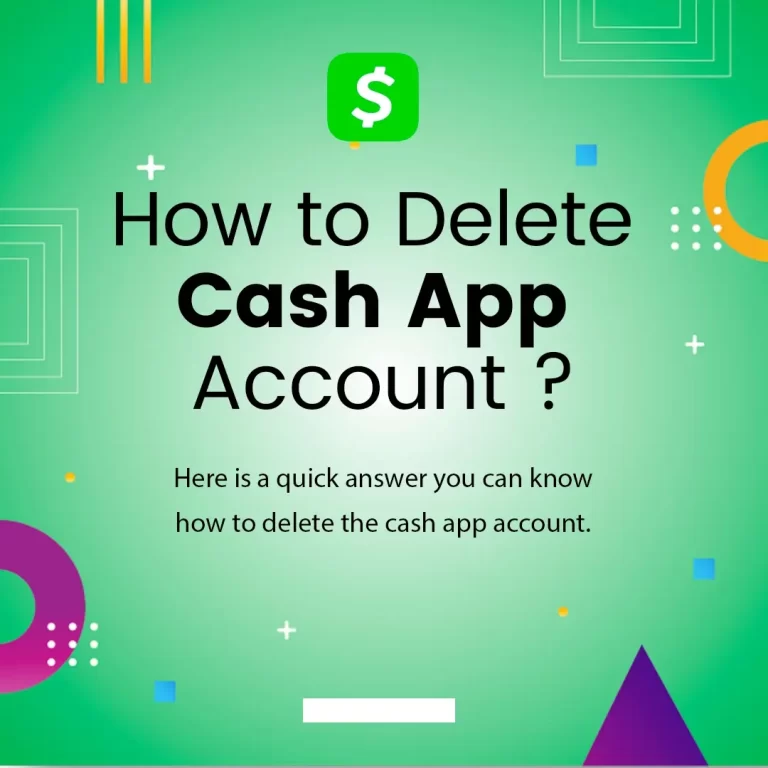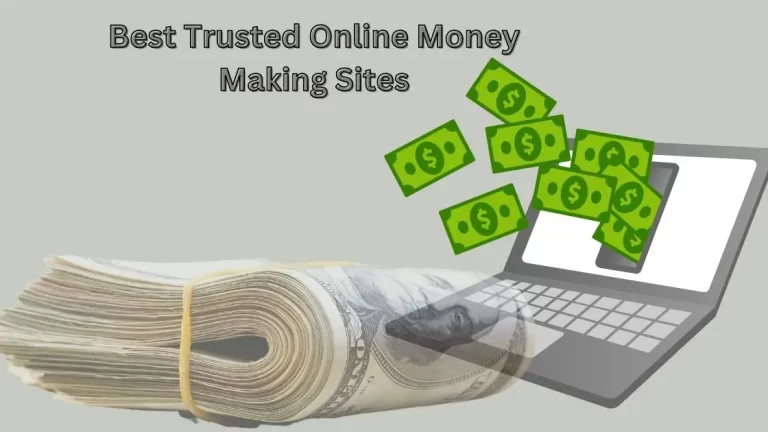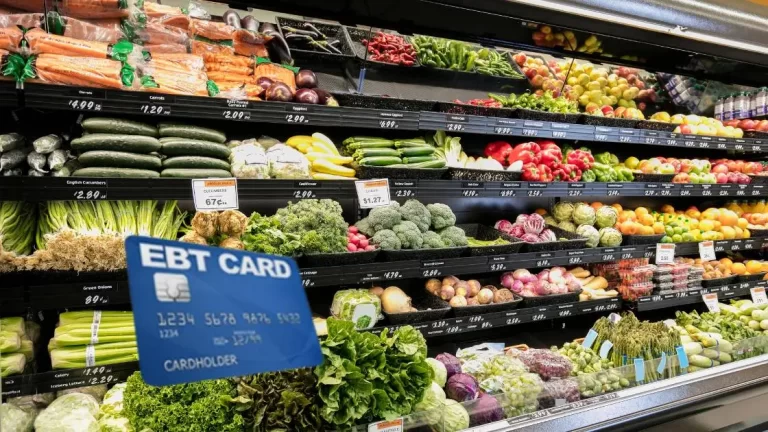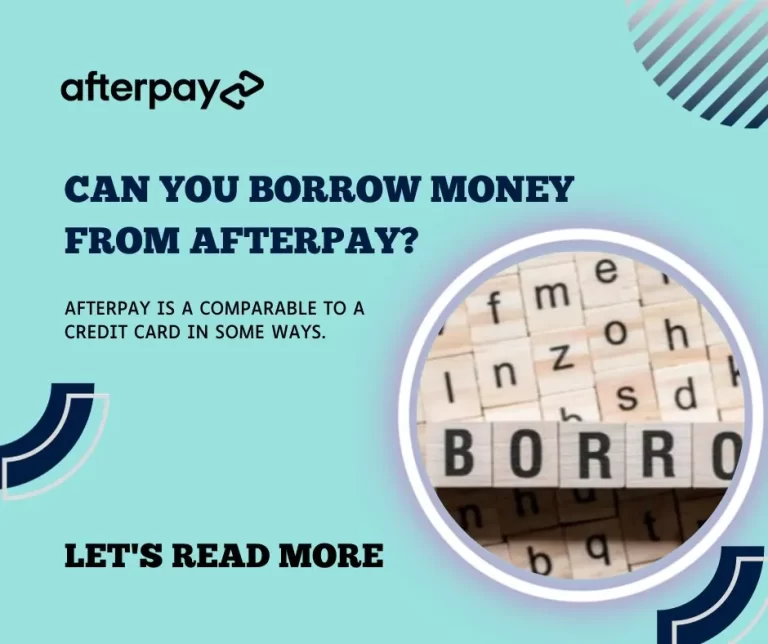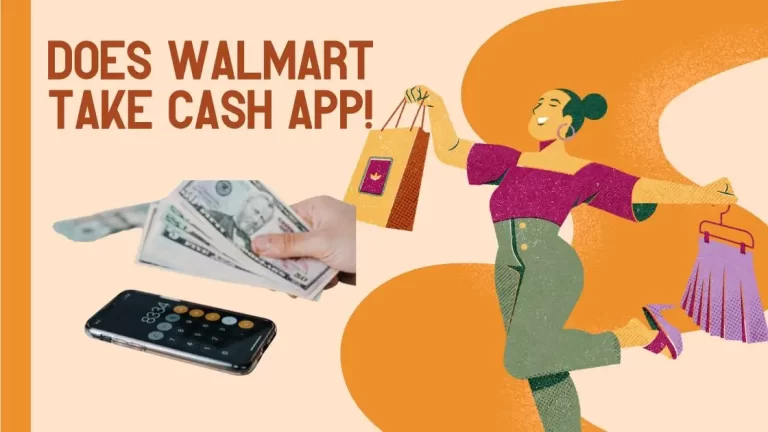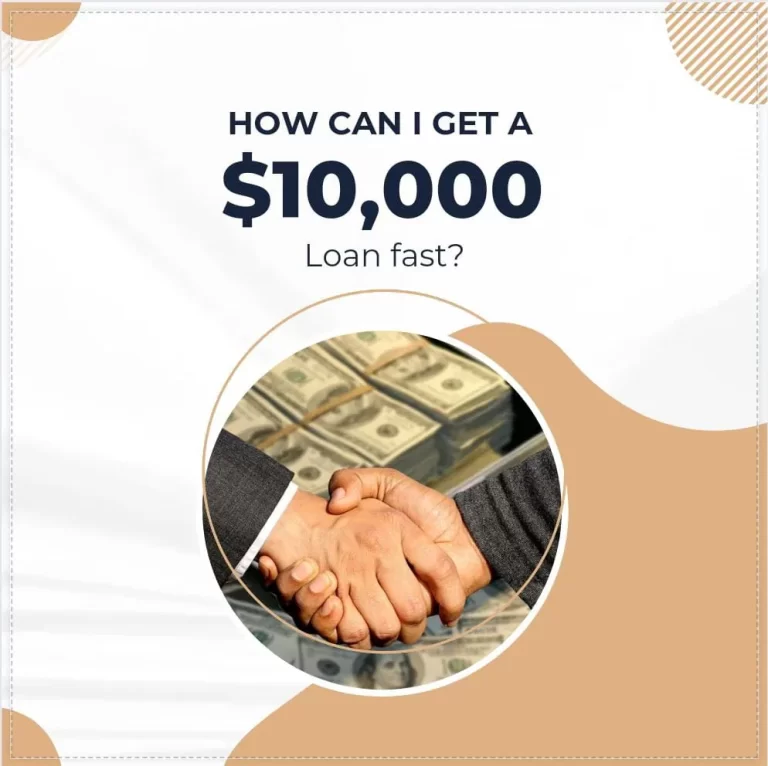Does Cash App Send 1099 For Personal Accounts?
Are you someone who uses Cash App for personal transactions and wonders if you’ll receive a 1099 form for tax reporting purposes?
It’s a valid question, and one that many Cash App users may have. Cash App, like other financial services, has certain tax reporting obligations that it must comply with.
So, does the Cash App send 1099s for personal accounts?
The answer is no; Cash App doesn’t send 1099s for any personal Cash App accounts that are used simply to send and receive money.
However, it does send that form to your QuickBooks Cash App account.
Read More:
- Does Greenlight Work with Cash App| Everything You Need To Know)
- How Long Does a Canceled Cash App Refund Take|An Ultimate Guide
- Does Cash App Work in Canada| Everything You Need To Know!
- The Fastest Way to Make Money on Cash App Stocks
- How to Get $200 Fast on Cash App| Here is How!
What’s a 1099 on Cash App?
If you’re a Cash App user, you may have heard about something called a “1099.” But what exactly is it, and what does it have to do with the Cash App?
Well, Form 1099 is a tax form that’s used to report various types of income to the IRS. It’s typically used by freelancers, independent contractors, and other self-employed individuals to report their earnings to the government.
Now, you may be wondering why 1099 is relevant to Cash App. Well, if you use Cash App for business purposes, such as accepting payments for goods or services, you may be required to report that income on a 1099 form.
Cash App itself may also be required to send you a 1099 form if you meet certain criteria. For example, if you receive over $600 in payments through Cash App in a given year, Cash App may be required to send you a 1099 form to report that income to the IRS.
Does Cash App send 1099 for personal accounts?
If you’re a Cash App user, you may be wondering whether you’ll receive a 1099 form for tax reporting purposes if you use the app for personal transactions.
The short answer is that Cash App generally doesn’t send 1099 forms to personal accounts.
Cash App is primarily used for personal transactions between individuals, such as sending money to friends or family members.
Since these transactions are typically not considered taxable income, you generally won’t need to report them on a 1099 form.
However, it’s always a good idea to consult with a tax professional to determine your specific reporting requirements and ensure that you’re in compliance with all applicable tax laws.
That being said, there are some cases where you may receive a 1099 form from Cash App, even for personal accounts.
For example, if you receive over $20,000 in cash payments or receive more than 200 payments through Cash App in a calendar year, Cash App may be required to send you a 1099-K form to report those transactions to the IRS.
Criteria for a 1099 form for Cash App users
The good news is that the criteria are fairly straightforward, so it’s easy to determine whether you’ll receive a form or not.
The main criterion for receiving a 1099 form from Cash App is receiving over $600 in payments through the app in a given year.
This includes any payments you receive from other Cash App users as well as any payments you receive through Cash App from other sources, such as an employer or client.
It’s important to note that the $600 threshold is based on gross payments, not net payments.
In other words, if you receive $1,000 in payments through Cash App in a given year but you also pay $400 in fees or other expenses, you’ll still receive a 1099 form because your gross payments exceeded $600.
In addition to the $600 threshold, other criteria may trigger the issuance of a 1099 form, depending on your specific situation.
For example, if you receive rental income through Cash App, you may receive a 1099 form even if your total payments are less than $600.
Does Cash App report stocks to the IRS?
The short answer is yes – Cash App is required to report certain stock-related transactions to the IRS.
Now, you may be wondering what kinds of stock-related transactions Cash App is required to report.
Well, if you buy or sell stocks using Cash App, the app is required to report those transactions to the IRS on Form 1099-B.
This is a tax form that reports the proceeds from the sale of securities, including stocks. So if you sell any stocks using Cash App, you’ll likely receive a 1099-B form from Cash App at the end of the tax year.
It’s important to note that this reporting requirement applies only to stocks – if you use Cash App to invest in other types of securities, such as mutual funds or exchange-traded funds (ETFs), those transactions may not be reportable to the IRS.
However, it’s always a good idea to consult with a tax professional or financial advisor to understand your tax reporting obligations when it comes to investing with Cash App or any other financial service.
Are credit bureaus reported to the IRS by Cash App?
The answer to this question is no – Cash App does not report your credit bureaus to the IRS. This is because credit bureaus are not a type of income that needs to be reported to the government.
However, it’s important to note that while Cash App doesn’t report your credit bureaus to the IRS, the app does have certain tax reporting obligations that it must comply with.
For example, if you use Cash App for business purposes and receive over $600 in payments in a given year, Cash App may be required to send you a 1099 form to report that income to the IRS.
Additionally, if you’re using Cash App for personal transactions but have received a refund or reimbursement for a business expense, that income may need to be reported on your tax return.
Do you have to pay taxes on Cash App?
The short answer is yes, you may have to pay taxes on Cash App income, depending on your situation.
If you use Cash App for personal transactions only, such as sending money to friends or family members, you generally won’t have to pay taxes on those transactions.
However, if you use Cash App for business purposes, such as accepting payments for goods or services, you’ll need to report that income on your tax return and pay taxes on it.
Now you know pretty much everything about 1099s on the Cash App, whether they’re sent to personal accounts or not. Now, let’s get to our FAQ section.
FAQs
Is the personal Cash App taxable?
Nope, as long as you have a Personal Cash App account that you use to transfer money to your family and friends or receive from them, you won’t be charged any tax. However, for business accounts that do trading or invest in stocks, there is a tax.
What is a 1099-B form?
A 1099-B form is a tax form used to report sales of stocks, bonds, and other securities to the IRS.
Final Words
Does Cash App send 1099s for personal accounts? No, the Cash App doesn’t send 1099s for personal accounts.
However, if you have a business account, then you’ll surely get a 1099 from the Cash App.
That’s all I have for you. If you have more questions related to the topic, please let me know in the comment section below. I’d love to help you out.




